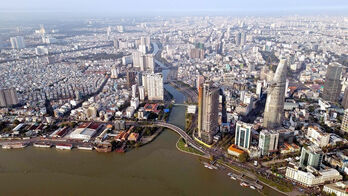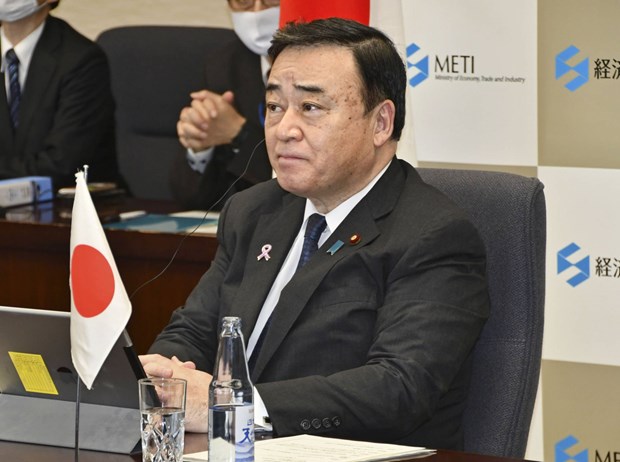Japanese businesses expect RCEP to boost trade and investment
Japanese business leaders welcomed the signing of the Regional Comprehensive Economic Partnership (RCEP) agreement signed by Japan and 14 other partners on November 15, expecting a boost in trade and investment in the region and strengthening of supply chains.
-
 Southeast Asia’s digital economy to top 300 billion USD by end 2025
Southeast Asia’s digital economy to top 300 billion USD by end 2025
- Severe flooding reported in central Thailand
- Thailand demands Meta explain massive personal data leak affecting millions of users
- Thailand launches programme to boost tourism in border provinces
- Indonesia’s palm oil production set to rise 10% in 2025
- Timor-Leste seeks trade & investment expansion following ASEAN accession
- Vietnam to supply rice seeds for Cuba’s 2026 crop
- RoK, Cambodia agree to set up task force to combat online scams
- Cambodia officially inaugurates Techo International Airport
- Thailand clamps down on overseas text messages



